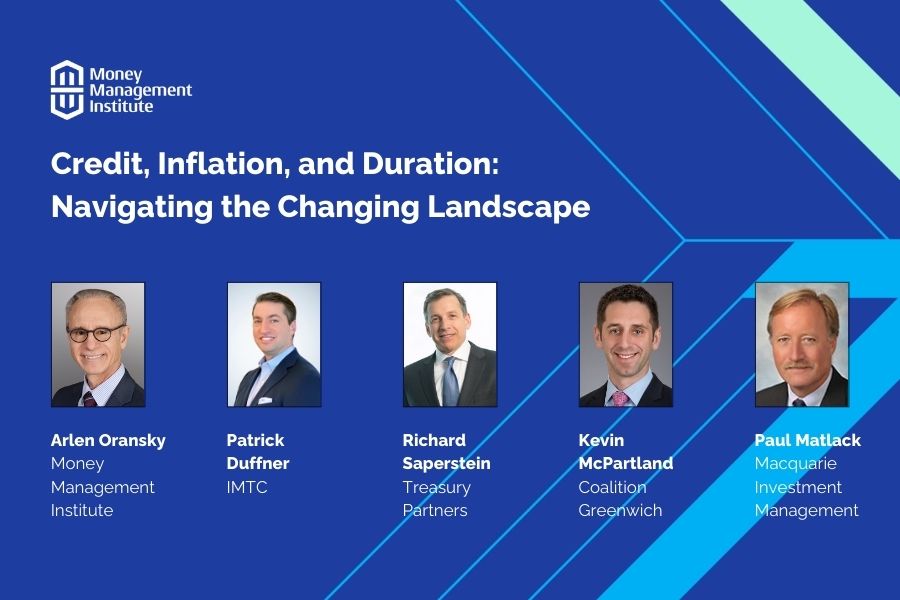As the threat of impeachment ramps up, domestic political risks could change the market landscape

While geopolitical risks related to the US-China trade war, Brexit and beyond have remained on the global centerstage during much of 2019, simmering domestic political tensions could soon rise to a boil and threaten the status quo for US investors.
Just this week, the House Intelligence Committee announced plans to bring the impeachment inquiry to the public and hold open hearings and President Donald Trump must shore up his alliances. After all, the presidential elections are just one year away and—with pundits debating the impact of shocking “upsets” during this week’s state elections—the question arises: how will the domestic political climate impact investor sentiment?
Kevin Bliss, CBXmarket’s in-house investment expert, says that “while the debate of whether Trump will be impeached has created ebbs and flows across the investment landscape, the markets are getting tired of the whipsaw: we see markets respond to positive news from China and increased optimism surrounding trade relations, but savvy investors need to anchor themselves and wade through the noise created by the daily volatility of domestic politics.”
The question at the core of investment philosophies is whether the status quo will persist. According to Bliss, this means market players will likely wait to hold off from significantly revising their forecasts unless dramatic shifts occur in the political arena. As the impeachment scenario evolves, investors can expect Trump to retrench and placate the market with any easy wins he can lock down, Bliss says, adding that this strategy will include shifting domestic tactics rather than focusing primarily on international relations.
Of course, domestic political pressures don’t exist in a vacuum. Should the status quo shift, there could be ramifications for the US trade outlook and the wider reaching impact of the ongoing talks with China. This week, the UN Conference on Trade and Development released a report indicating that the world’s two largest economies were both suffering from the prolonged spat. The road to a truce has been a roller coaster, but the dueling duo announced last week that negotiators were on the cusp of inking a “Phase One” deal that would serve as a precursor to a comprehensive agreement.
It’s delicate balance that Trump will have to strike, as Bloomberg wrote, and he’ll likely aim to appease major political figures in both parties and avoid angering his pro-free-trade allies. Newly released data from a Commerce Department report showed that the US collected a record high $7bn in import tariffs in September. Still, it remains to be seen whether Trump will cave to China’s demands that the US roll back all recently implemented tariffs and forego enacting the next round of tariffs scheduled to take effect over the holidays. Lately, uncertainty has been the hallmark of financial markets, largely due to geopolitical tensions; and as domestic risks multiply, it seems uncertainty could be here to stay.





